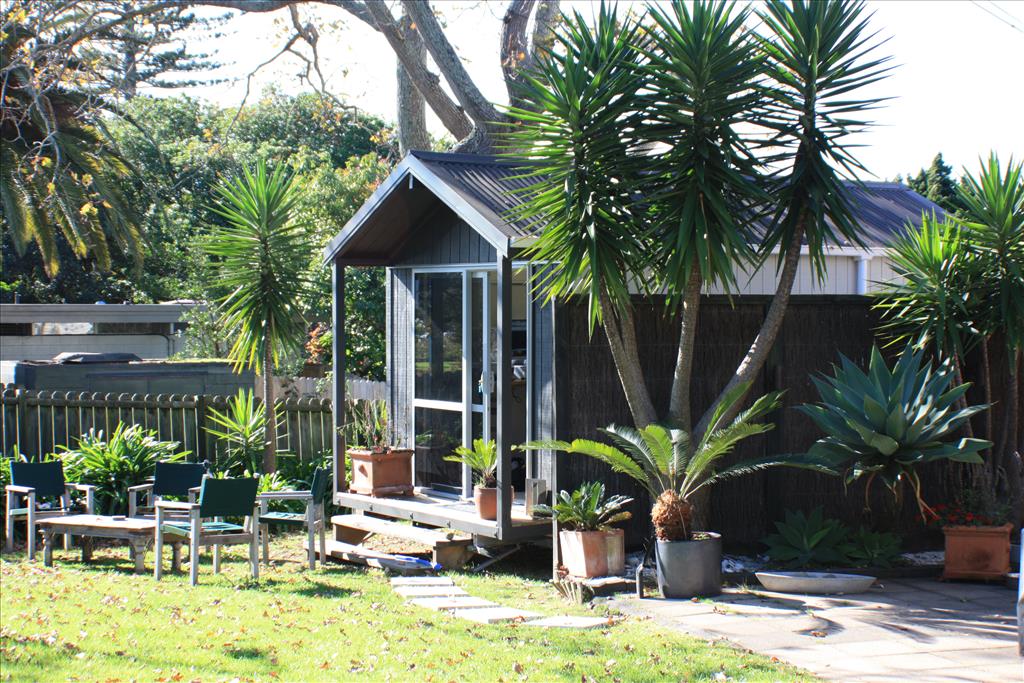Government Proposes Allowing ‘Granny Flats’ to Be Built Without Resource Consent
The government is proposing new legislation to simplify the construction of granny flats and similar structures, aiming to make housing more accessible and affordable for families. The proposed changes are detailed in a newly released discussion document, which is now open for public submissions.
The key proposal allows for the construction of dwellings up to 60 square meters in both rural and residential zones without requiring building or resource consents, provided they meet specific criteria. These criteria focus on minimizing risks related to structural failure, fire safety, weather tightness, and sanitary conditions.
To ensure safety and quality, the dwellings must be built by “trusted workers” following a “simple straightforward design” and must be notified to local councils. Acting Prime Minister Winston Peters, alongside Housing and RMA Reform Minister Chris Bishop, announced this initiative following a recent Cabinet meeting.
Peters emphasized the benefits of this policy for making housing more affordable and adaptable to different family needs. “Over a quarter of households that do not own their home spend more than 40% of their income on housing. High housing costs have a greater impact on Māori, Pasifika, people with disabilities, and seniors. Unlocking backyard spaces for granny flats provides new living options for these groups,” he said.
Granny flats are becoming increasingly popular for various family arrangements, including housing university-age children or providing close support for elderly relatives. Peters highlighted that this policy would facilitate these living arrangements while reducing financial burdens on families.
Minister Chris Bishop stated that this proposal is part of the government’s broader strategy to streamline the building consent process and tackle the housing crisis through the ‘Going for Housing Growth’ agenda. “Today’s announcement is a significant step in our efforts to simplify and expedite the building consent system,” Bishop said.
The discussion document outlines proposed changes to the Building Act and resource management system, seeking public input to refine the details. One major proposal is the introduction of a National Environmental Standard (NES) to ensure consistent regulations across all councils, allowing granny flats to be built without resource consent in rural and residential zones.
The proposed legislative amendments include adding a new schedule to the Building Act 2004, allowing for simple standalone houses up to 60 square meters to be exempt from building consent. The government is also assessing the associated benefits, costs, and risks, as well as the sufficiency of occupational licensing requirements to ensure all building work meets the building code.
By removing regulatory red tape, the government estimates savings of up to $6500 in standard building and resource consenting fees per build, along with significant time and resource savings. “There will be safeguards to ensure these granny flats meet New Zealanders’ expectations for building performance and quality, and appropriately manage environmental effects. We want these to be safe, healthy, and durable homes,” Bishop added.
The government encourages constructive suggestions from the public to help refine the policy. Final decisions are expected later this year, with legislative changes anticipated to be implemented by mid-2025


